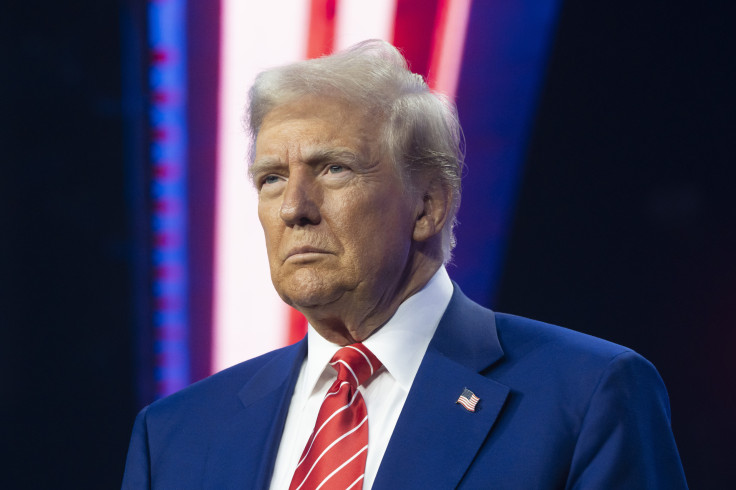
The Panama Canal's history is deeply entwined with U.S.-Panama relations. December 2024 marked two major anniversaries: 35 years since the U.S. invasion that ousted Panama's dictator Manuel Noriega and 25 years since the canal was handed over to Panama. Now, remarks by former President Donald Trump suggesting the U.S. should retake the canal—by force if needed—have sparked renewed debate.
The idea of reclaiming the canal is not only impractical but also deeply misguided, experts said in an article published in Americas Quarterly. The 'immorality' of invading a close U.S. ally and stable democracy in the Western Hemisphere is also pointed out by the authors, Javier Corrales, professor of political science at Amherst College, and James Loxton, a senior lecturer in comparative politics at the University of Sydney.
Beyond the ethical concerns, experts say, such an action would overlook key geopolitical realities. The U.S. relinquished control in 1999 after decades of tensions, addressing growing anti-imperialist sentiment and regional instability. A treaty signed under President Jimmy Carter and Panamanian General Omar Torrijos ended a long-standing grievance in Latin America, shielding the U.S. from charges of imperialism there while ensuring the canal's neutrality.
The handover also transformed U.S.-Panama relations. Though there were challenges, including the 1989 invasion, Panama is now a close ally with a robust economy and a strong democracy, the authors added. The canal itself has been expertly managed by Panama's independent Panama Canal Authority (ACP), which has improved operations and expanded capacity. The U.S., as the canal's largest user, has reaped these benefits without bearing the costs of governance.
Panama stands out for having almost no migrants, thanks in part to its thriving economy. Over the past three decades, it has achieved one of the fastest economic growth rates in Latin America and now boasts the region's highest GDP per capita (PPP). This economic success has made leaving the country an uncommon choice for Panamanians, much of which can be attributed to the effective management of the canal.
Trump's threats to retake the canal would undermine decades of progress, analysts warn. The canal is integral to Panamanian national identity, and any unprovoked invasion would spark backlash across Latin America. Moreover, it would bolster China's influence in the region. While China's role in Latin America is viewed with caution, U.S. aggression could push Panama and its neighbors closer to Beijing, countering Washington's strategic goals.
The original handover was not just about moral responsibility; it was a calculated decision to address security threats. These threats—anti-U.S. sentiment, guerrilla movements, and nationalist militancy—have since diminished, thanks in part to the canal transfer. Reversing this decision would not only revive old tensions but also harm U.S. interests.
Instead of saber-rattling, experts suggest the U.S. focus on strengthening its partnership with Panama. If the U.S. aims to counter China and reduce migration, it should focus on helping Panama continue its success, not on retaking the canal.
© 2025 Latin Times. All rights reserved. Do not reproduce without permission.




